
Research infrastructure and environments
Karolinska Institutet offers a wide range of service laboratories, competence centres and specialised equipment in areas such as imaging, biostatistics, biobanking, proteomics and genomics, and has an integrated organisation for animal facilities. In recent years, our two main campuses in the Stockholm area have expanded rapidly, with new buildings for laboratories, offices and animal houses. The KI University Library is the largest medical library in Scandinavia and open to the public.
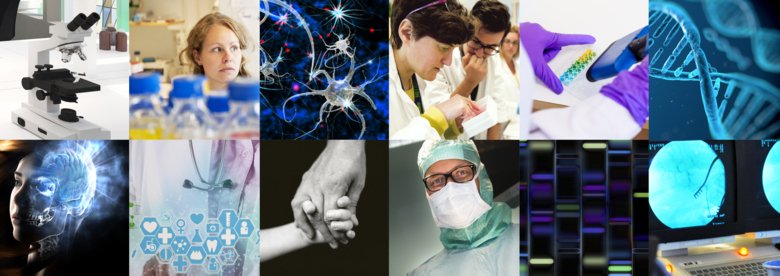 Photo: N/A
Photo: N/A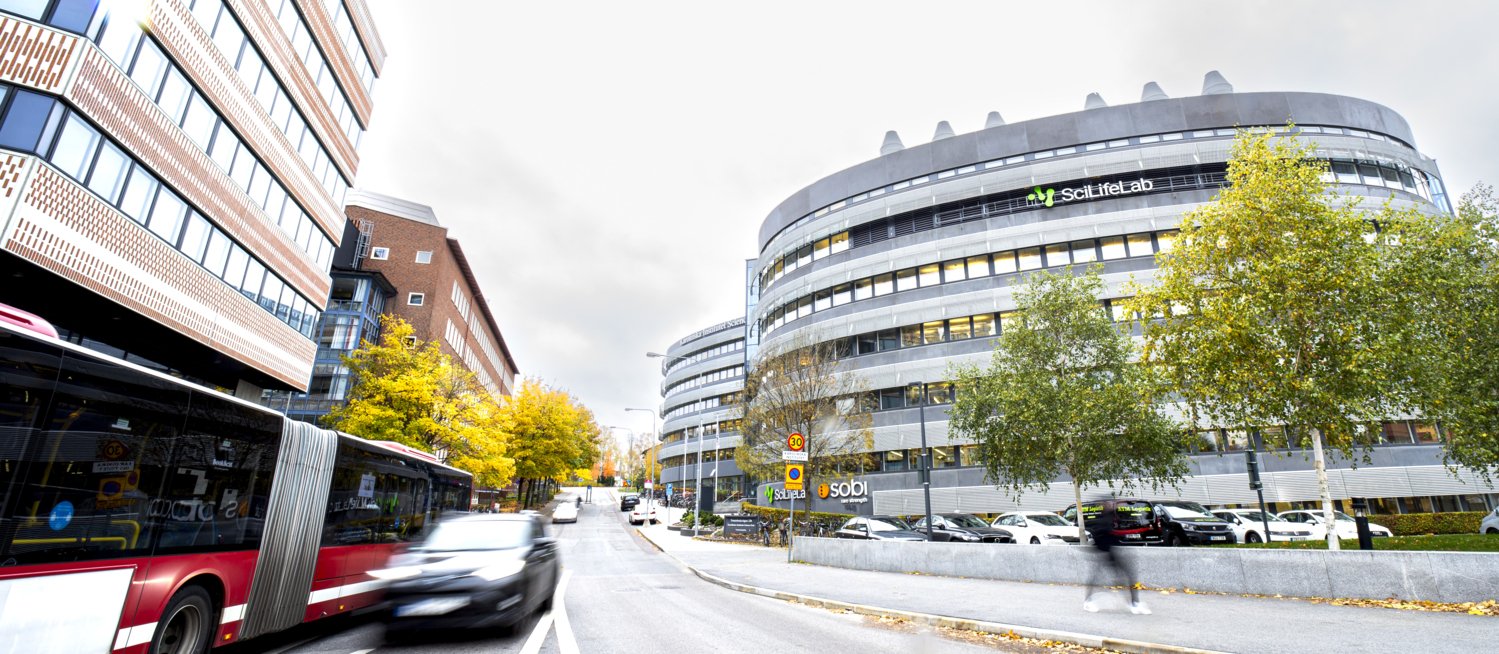 Photo: Niklas Norberg Wirtén
Photo: Niklas Norberg WirténSciLifeLab at KI
SciLifeLab is a collaborative effort among several Swedish universities and a distributed national research infrastructure. SciLifeLab's mission is to provide cutting-edge technologies that enable large-scale analysis of biological processes at the molecular level. The SciLifeLab facility in Solna is the largest site for cooperation and is conveniently located near Karolinska Institutet’s north campus.
Research buildings
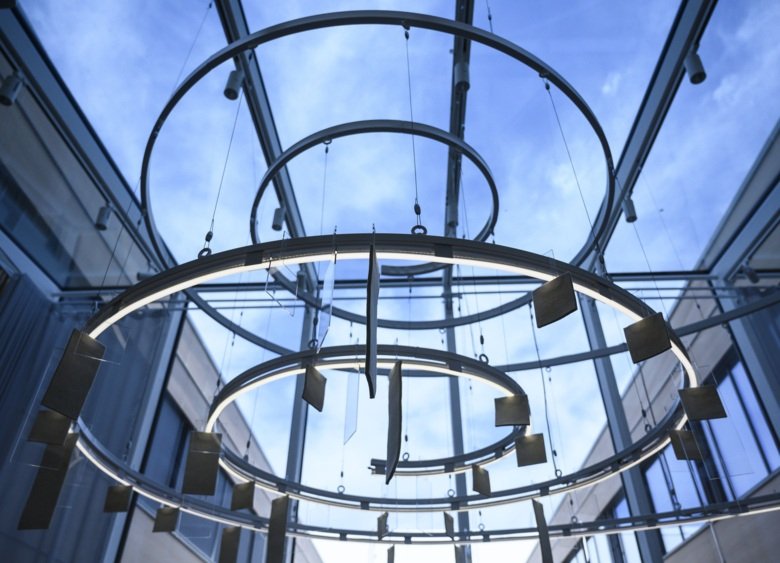 Photo: Stefan Zimmerman
Photo: Stefan ZimmermanANA Futura
ANA Futura is located on Campus Flemingsberg, south of Stockholm city and is a translationally integrated research environment, equipped for cutting-edge research, where boundaries between departments and disciplines are torn down and researchers collaborate. There is a large selection of core facilities, advanced labs and function rooms.
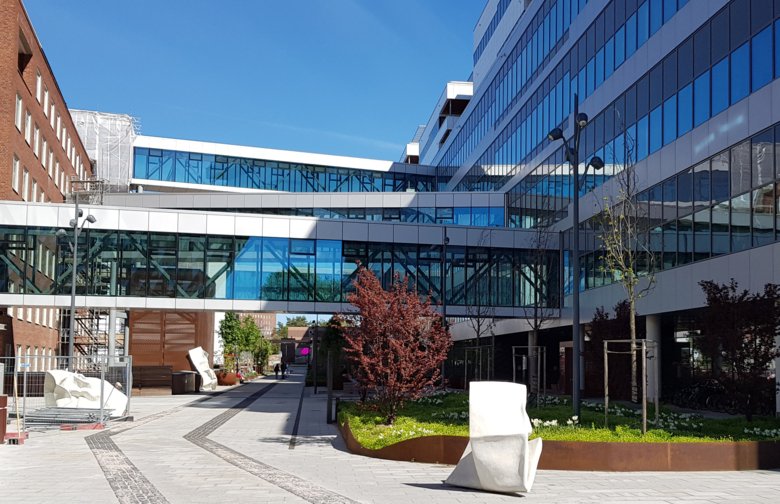 Photo: Ann-Britt Wikström
Photo: Ann-Britt WikströmBioclinicum
The research house Bioclinicum at Karolinska University Hospital, Solna is a hub for clinical research and is planned to increase the integration between research, education and medical care. Several of KI's clinical departments have premises in the building that also houses a clinical training center.
(In Swedish, change language on page.)
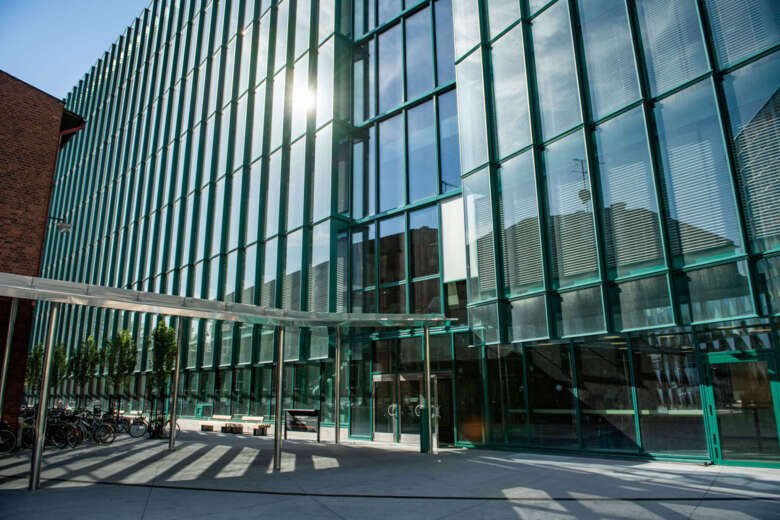 Photo: Stefan Zimmerman
Photo: Stefan ZimmermanBiomedicum
Biomedicum gathers a major part of the experimental research on Campus Solna under one roof — in an advanced research environment that promotes interdisciplinary collaboration and pioneering results. The house is situated nearby Aula Medica and Karolinska University Hospital, with a roofed bridge to the Bioclinicum building.
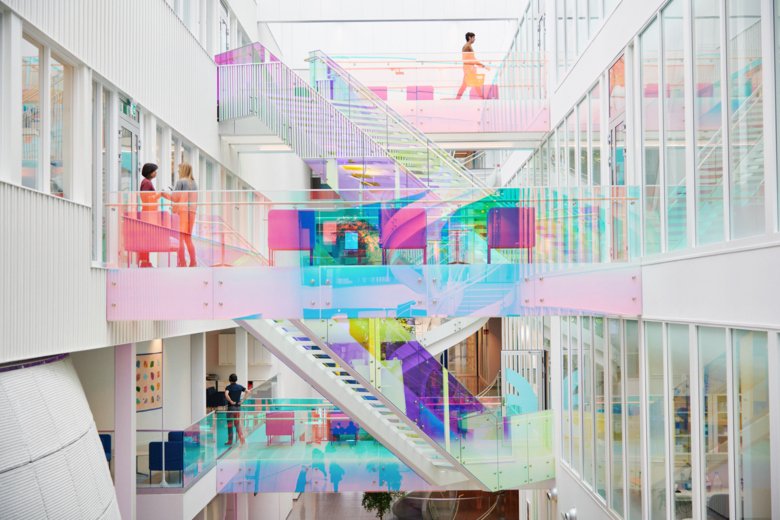 Photo: Erik Flyg
Photo: Erik FlygNeo
Neo opened in 2018 and is a building for experimental biomedical research on Campus Flemingsberg. In addition to being a living and creative hub for research, there are also state-of-the-art lecture halls and meeting rooms. Neo and ANA Futura together form Laboratory of the future.
More resourses

Research at our departments
KI has 21 departments divided into three departmental or campus groups. These departments are central to the academic environment at our university, with responsibilities encompassing scientific strategy, finance, and administration. Find a brief overview of the departments' scientific focus and links to their webpages.
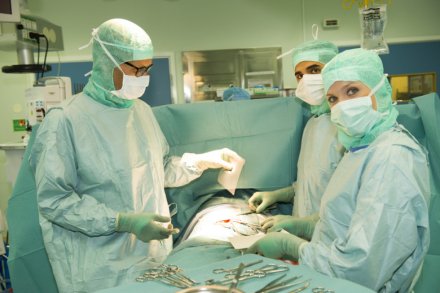
Collaboration with the healthcare services
Research and education at Karolinska Institutet are closely intertwined with the healthcare sector. We collaborate with various regional stakeholders, especially with Region Stockholm, and a considerable part of our research is conducted in a clinical environment.

Innovation support — from idea to business
KI Innovations serves as both the innovation support system for Karolinska Institutet and an incubator. Their mission is to facilitate and guide the transformation of research-based ideas, discoveries, and academic knowledge into practical innovations that contribute to a healthier future for everyone.
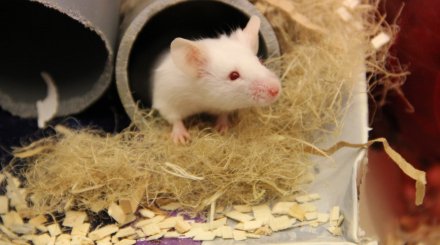
Comparative Medicine — deals with all aspects of animal research at KI
Comparative Medicine deals with all aspects of activities related to animal experimentation in research at Karolinska Institutet. We have four units: KM-A (Annex), KM-B (Biomedicum), KM-F (Fagraeus lab) and KM-W (Wallenberg lab).
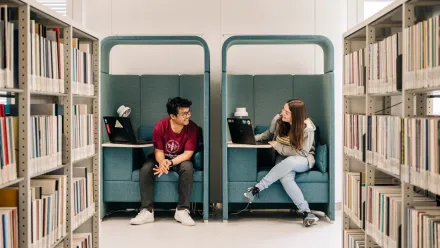
University library
Karolinska Institutet University Library (KIB) offers support throughout the entire research process – from literature search and strategic publication advising to bibliometric analysis and lending services. KIB is located at our campuses in Solna and Flemingsberg and also boasts a well-developed digital infrastructure.
Selected news

New organisation for research infrastructure at KI
From 1 January 2026, Research Infrastructure KI (RIKI) will be established to bring together KI’s core facilities in a cohesive organisation for research infrastructure. The aim is to provide even better support for researchers, facilitate collaboration, and ensure that KI meets future demands for development, security and expertise.

Light-controlled CRISPR enhances precision in genetic research
Researchers at KI has developed a novel tool for genetic research. In a recent study, they introduce BLU-VIPR, a method that allows researchers to control the gene-editing tool CRISPR using light. This innovation could significantly enhance our understanding of gene functions in complex organisms.

New knowledge portal facilitates research on metabolic diseases
Researchers at Karolinska Institutet and Helmholtz Munich, among others, have developed a user-friendly portal with comprehensive data on human adipose tissue right down to the individual cell level. The new knowledge resource is presented in the journal Cell Metabolism.

Sweden's Innovation Agency awards two KI research environments
Vinnova is investing in precision medicine and awarding grant funding to six innovation environments. Two of them are at Karolinska Institutet, and both focus on treating cancer. The aim of the grants is to fund efforts to bring greater precision to the diagnosis and treatment of common diseases.
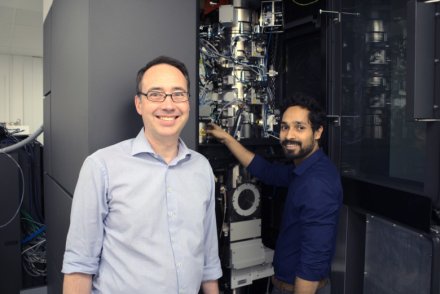
New core facility offers world class imaging technique
In the basement of Wargentin House on Solna campus there are several cryo-electron microscopes of the latest models, that can be used by both KI researchers and external customers. Read an interview with Martin Hällberg, director of the new 3D-EM facility.
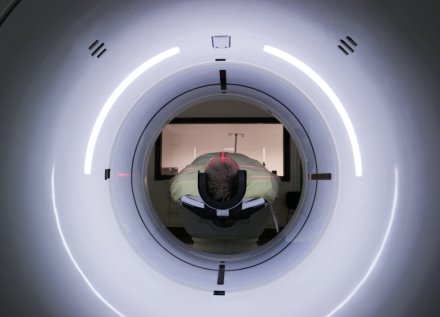
Tomorrow’s CT scanner soon to be introduced in Swedish healthcare
It’s described as a technological advance in computed tomography and the hope is that this imaging technique will eventually become hospital standard. At the end of October, a new type of CT scanner will be unveiled in MedTechLabs, an interdisciplinary centre set up by Karolinska Institutet, the Royal Institute of Technology, and Region Stockholm.
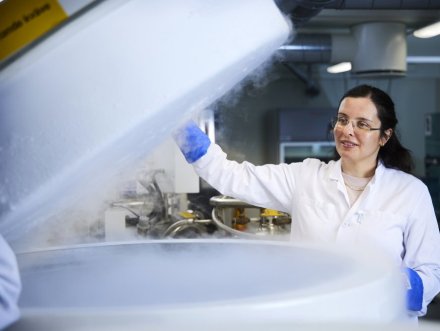
KI Biobank turns 20: “A goldmine for researchers”
The KI Biobank in Solna turns 20 this year. No fewer than 8.5 million samples from 750,000 individuals are preserved in its freezers. “The biobank is absolutely crucial to meeting tomorrow’s research needs,” says Sanela Kjellqvist, head of the KI Biobank.
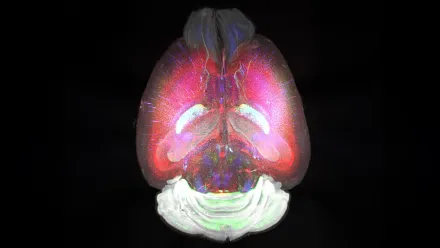
New imaging method enables detailed RNA analysis of the brain
Researchers at Karolinska Institutet and Karolinska University Hospital have developed a microscopy method that enables detailed three-dimensional (3D) RNA analysis at cellular resolution in whole intact mouse brains. The new method has the potential to transform our understanding of brain function.
